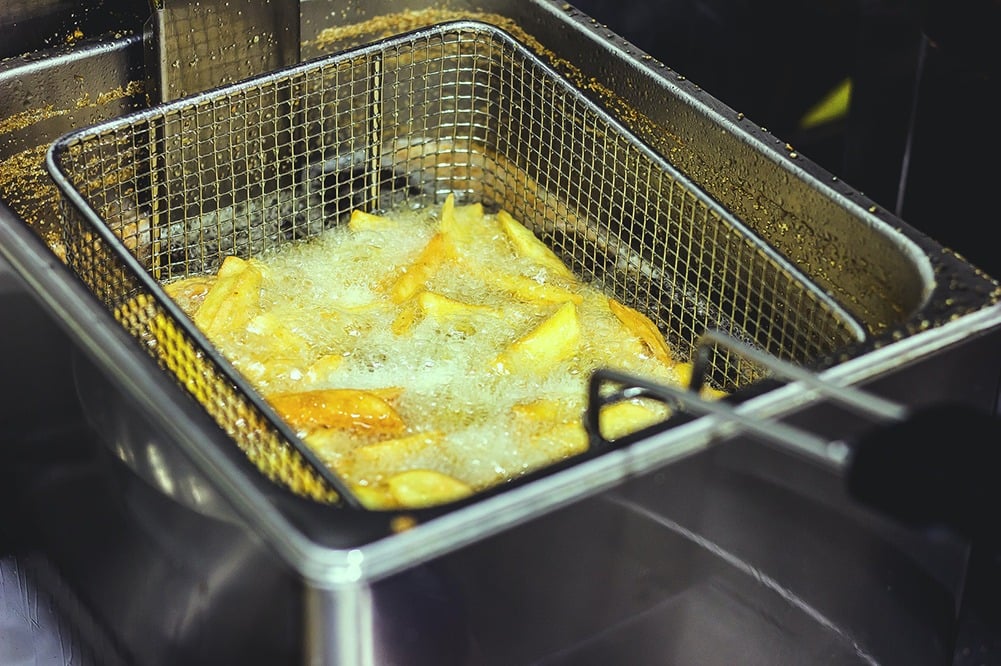
Reviewed and Updated: July 31, 2024
10 min read
Many people worldwide, but especially in America, are currently struggling with high levels of cholesterol, often without even knowing it. You may have heard about cholesterol before (likely from your doctor), but it’s entirely possible that you don’t know what it is or what it does. You may not even know that there are both good and bad types of cholesterol. If that’s the case, keep reading to find out everything you need to know about changing your diet to lower your cholesterol and keep yourself healthy.
What is Cholesterol?
Cholesterol is a type of fat-like, waxy substance that is found in all of the cells in your body. Though it’s usually talked about negatively, you need cholesterol for your body to function correctly. The body utilizes cholesterol to produce vitamin D, various hormones, and other substances that assist you in the digestion of food. Both good and bad cholesterol types have different effects on the body. Having too much bad cholesterol can lead to several medical complications, such as strokes, heart attacks, and chest pains.
Related: Dietary Dangers: Foods to Avoid for Osteoporosis
HDL vs. LDL Cholesterol (Good vs Bad)
There are two primary types of cholesterol that people should be aware of; high-density lipoprotein (HDL) and low-density lipoprotein (LDL), which are regarded as "good cholesterol" and “bad cholesterol” respectively. HDL is classified as good cholesterol because it transports cholesterol to the liver to be expelled from the body, reducing cholesterol levels. LDL is a bad cholesterol because it transports cholesterol to your arteries, where it may collect or get stuck along artery walls. This can result in the development of blood clots, which can cause heart attacks and strokes if they manage to break away and end up in the heart or brain.
What Causes High Cholesterol?
Several different factors can be involved with someone developing high cholesterol, many of which have to do with various lifestyle choices, while others are uncontrollable, such as genetics. Some of the factors to know about include:
- Not participating in regular exercise or being sedentary
- Obesity, a body mass index (BMI) greater or equal to 30
- Large circumference of the waist (over 35 inches for women and over 40 inches for men)
- A diet containing lots of red meats, trans fats, saturated fats, processed foods, highly processed carbohydrates, and full-fat dairy products
- Genetics
Risk factors that have the potential to increase one’s risk of developing high cholesterol also include:
- Smoking
- Diabetes
- Age
- Alcohol
How is cholesterol measured?
Cholesterol can only be measured by way of a blood test where your doctor can check your levels of lipoprotein (HDL) and low-density lipoprotein (LDL). The levels are expressed in milligrams per deciliter in your bloodstream.
Here are some general guidelines on cholesterol levels:
Total Cholesterol
- Less than 200 mg/dl - Desirable
- 200 to 239 mg/dl - Borderline high
- 240 mg/dl and up - High
LDL Cholesterol Level
- Less than 100 mg/dl - Optimal
- 100 to 129 mg/dl - Near Optimal / Above Optimal
- 130 to 159 mg/dl - Borderline High
- 160 to 189 mg/dl - High
- 190 mg/dl and up - Very High
HDL Cholesterol Level
- 60 mg/dl and higher - Protective against heart disease
- 40 to 59 mg/dl - The higher the better
- Less than 40 mg/dl - At risk for heart disease
Foods to Avoid With High Cholesterol
1. Red meat

Red meats, especially processed red meats like beef, pork, and lamb, often contain more saturated fats and cholesterol than non-red meats, like chicken and fish. Eating red meat frequently can contribute to increasing the amount of bad cholesterol in your system. According to The American Heart Association, red meat, especially processed red meat can also make any heart disease you may already have even worse.
2. Poultry with skin
Keeping or tossing the skin almost single handedly determines if you’re having a nice healthy meal or one with excessive saturated fat and cholesterol. Skinless chicken is an excellent and extremely versatile protein choice that can be prepared in almost any way imaginable.
In addition to opting for skinless chicken, also avoid fried chicken as it can absolutely spike your lipid and cholesterol levels.
3.Butter and margarine
Although margarine was once thought to be a healthier alternative to butter because it’s made from unsaturated vegetable oils, some margarine forms are much worse for the heart than butter is. This is mainly due to the high levels of trans fat found in margarine that come from the hydrogenation.
However, butter is still very bad for you and contains excessive amounts of cholesterol and saturated fat especially if combined with highly processed carbohydrates. Rather than choosing between the two, it’s best to avoid butter and margarine altogether if possible.
4. High-fat dairy products
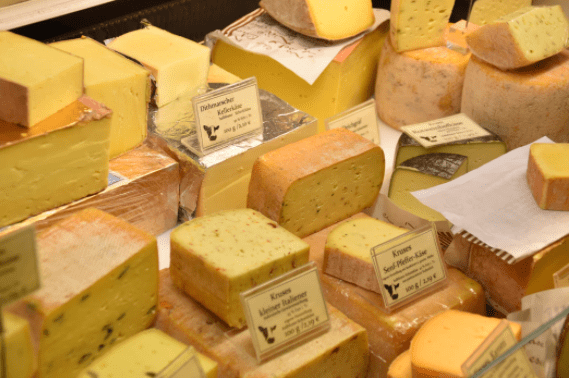
Cheese, full-fat milk, yogurt, and ice cream are extremely dense in unhealthy fats and cholesterol. For example, the typical scoop of ice cream contains 7 grams of fat and 30mg of cholesterol, a significant portion of your daily allowance. Additionally, premium dairy products will contain even more fat and cholesterol. Try to avoid or at least enjoy these foods in moderation. Another option is to use substitutes for these products like almond or coconut milk, greek yogurt, frozen yogurt, etc.
Related: What Is CoQ10: Types and Benefits
5. Liver
Liver is high in the essential mineral of iron and can be healthy for some, especially since it contains healthy amounts of vitamin A and is low in saturated fats. However, it also has high levels of cholesterol. This is because it is the organ that serves as the body’s primary manufacturer and storage center of cholesterol. Anyone who is pregnant or already experiencing cholesterol problems or issues with heart disease should avoid eating liver.
6. Eggs
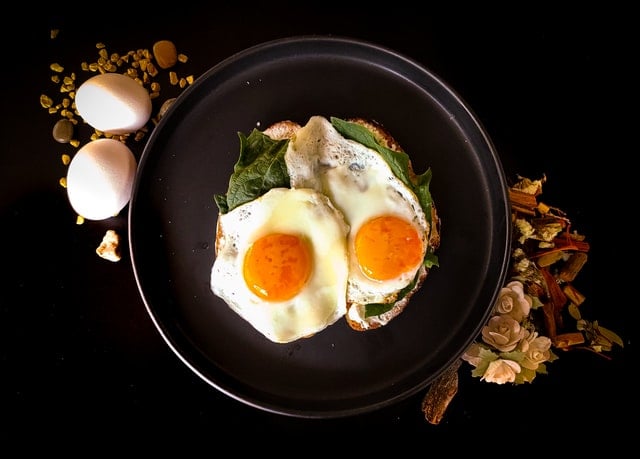
Even though eggs are one of the most nutritious foods one can eat, they are also high in cholesterol. One large egg contains approximately 186 mg of cholesterol, which is 60% of the recommended daily intake (RDI). Research has shown that healthy people can consume between one and three eggs per day and be perfectly safe, but those with existing cholesterol issues should reduce their consumption to no more than four eggs per week or switch to egg whites to get the benefits of protein with reduced cholesterol.
7. Fried food
Fried foods (including things like cheese sticks and deep-fried meats) are full of unhealthy cholesterol. These foods should be avoided as much as possible and altogether for those already experiencing cholesterol issues.
This is mainly because fried foods are full of calories and often contain high levels of trans fats. Trans fats have the potential to increase the risk of obesity, diabetes, and heart disease.
In addition to healthy lifestyle choices, supplements can help to improve certain health areas? Take a look at VigorHeart. It has all-natural, herbal ingredients shown to help with heart health.
8. Shellfish
Shellfish such as shrimp, clams, and crab can be an excellent source of iron, selenium, protein, and B vitamins. However, shellfish are also high in cholesterol, so those with heart and cholesterol issues would do well to avoid them. For example, 3 ounces (roughly 85 grams) of shrimp contains about 166 mg of cholesterol. This is over 50% of your entire recommended daily intake.
Though it should be noted that healthy people without cholesterol or heart issues can receive great benefits from shellfish. It has been shown that populations who consume more seafood tend to have much lower rates of heart disease, arthritis, and diabetes. This is likely because shellfish also contain specific bioactive components that can lower LDL, or “bad” cholesterol and prevent heart disease.
9. Cakes, cookies, and the like

Desserts and other sweet treats tend to be very high in cholesterol, unhealthy trans fats, calories, and added sugars. They also don’t contain any of the nutrients that your body needs to thrive, like minerals, vitamins, protein, and healthy fats.
Eating too many sweets can often lead to serious health conditions such as obesity, heart disease, diabetes, certain cancers, and overall cognitive decline. In fact, over a 15-year study, people who got 17-21% of their calories from added sugars had a 38% higher chance of dying from cardiovascular disease.
10. Saturated plant fats
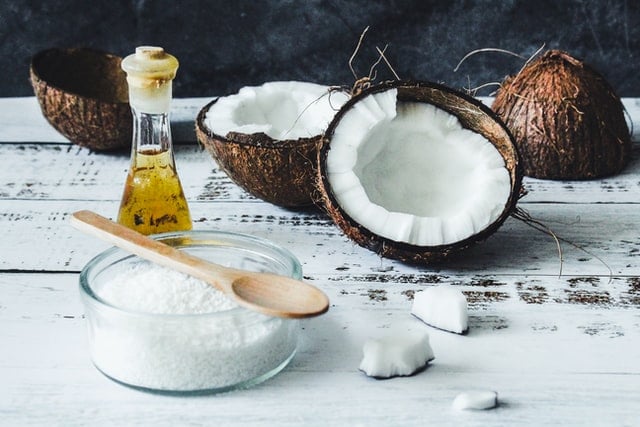
Saturated fats, to reiterate, are unhealthy fats that the American Heart Association suggests raise cholesterol levels and your overall risk of heart disease. They’re typically characterized by being solid at room temperature and often used in baked goods like cakes and cookies. Saturated fats mostly come from animal sources, but a few plants still contain high levels of saturated fats and should be avoided. Examples include coconut cream, coconut oil, palm oil, and other hydrogenated oils.
Related: 10 Healthy Fish to Eat and 5 You Shouldn't
Foods You Should Eat
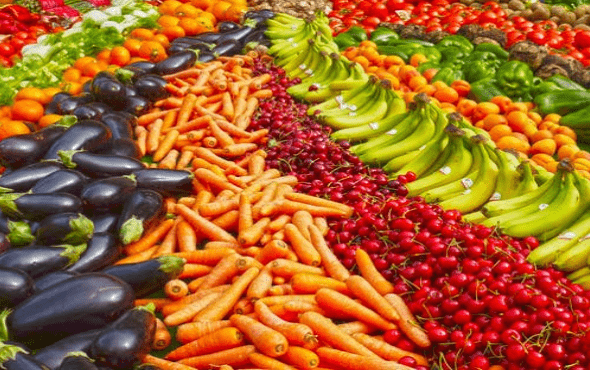
1. Fruits and Vegetables
Colorful fruits and veggies like apples, oranges, berries, bell peppers, broccoli, and spinach are naturally low in fat and cholesterol-free. They form the foundation of any healthy diet, but you should especially be looking to them if you’re struggling with excess cholesterol.
A general rule of thumb has been that a healthy plate composition is at least 50% vegetables. Another recommendation is to eat vegetables in a variety of colors. The information on why is a bit much to discuss here, but Harvard Health summed it up here.
2. Foods rich in healthy plant fats
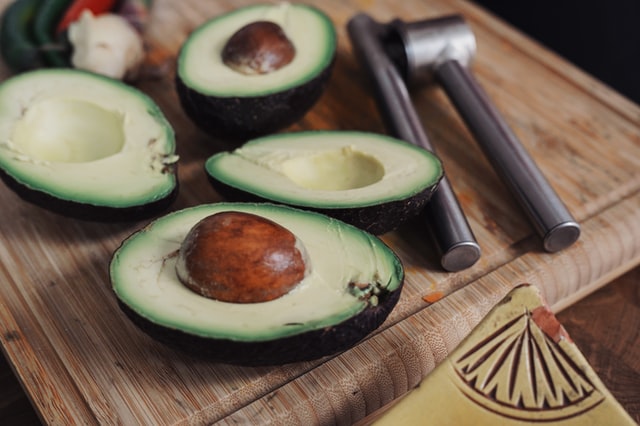
Specific types of fats are needed to promote a healthy diet, and foods like nuts, seeds, and avocados all contain levels of these healthy fats that you should be actively looking to incorporate into your diet.
3. Lean meats
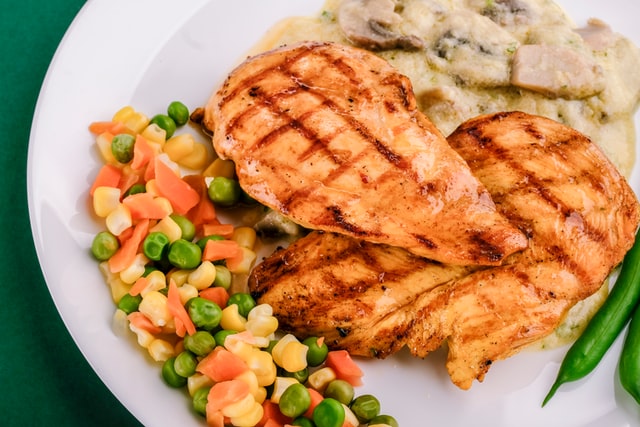
Lean meats like chicken or turkey (without skin) and pork or beef tenderloins are healthier alternatives to processed meats and other forms of red meat. Just be sure that the packaging says that the contents are at least between 96% to 98% fat-free.
The more subtle flavor of lean meat actually means it’s much more versatile than its counterparts.
4. Beans
Beans, as well as other legumes, are a wonderful source of soluble fiber, packed with protein and low in fat making them a great tasting and healthy alternative for meat.
Eating more legumes as part of a healthy diet can help reduce blood sugar, improve cholesterol levels and help to reduce the risk of heart disease. Best yet, there are so many different ways to enjoy legumes, throwing them on salads, adding them to soups and stews, purees like hummus and so many more. The possibilities are endless.
5. Whole grains
Like those found in bran, brown and wild rice, and cereals, whole grains can lower levels of LDL, or “bad cholesterol”, in your body while giving your HDL levels a helpful boost. This is due to all of the soluble fiber that whole grains contain. The recommended daily intake of whole grains is about 2 servings.
Treatments for High Cholesterol
While some factors of high cholesterol are affected by age or heredity, the best way to maintain healthy cholesterol levels for most people are lifestyle changes such as eating a healthy diet, weight management, and staying active.
In more serious cases, doctors may prescribe statins.
Bottom Line
Understandably, it can feel overwhelming to learn how many foods are of concern for those with cholesterol problems or are at risk for heart disease. Fortunately, we’re in an age where healthy options are gaining popularity so healthy eating is getting easier and tastier everyday.
Do you want to improve your health and quality of life? Take a look at our catalog of all-natural, premium health supplements all made in the USA in cGMP facilities.
This article is provided for informational purposes only and is not intended to be used as medical advice. If you have immediate concerns about your health, please seek the help of a medical professional.




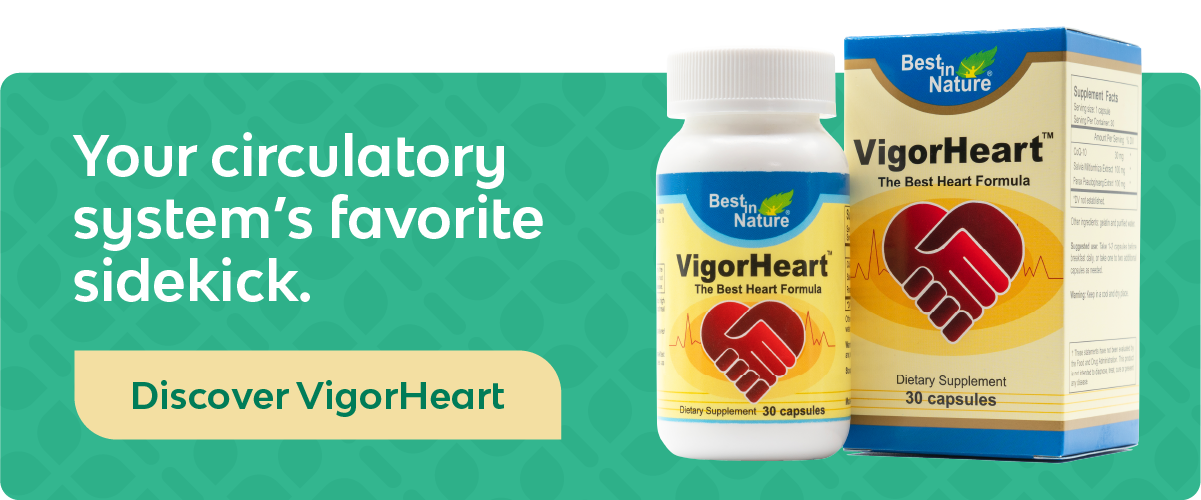
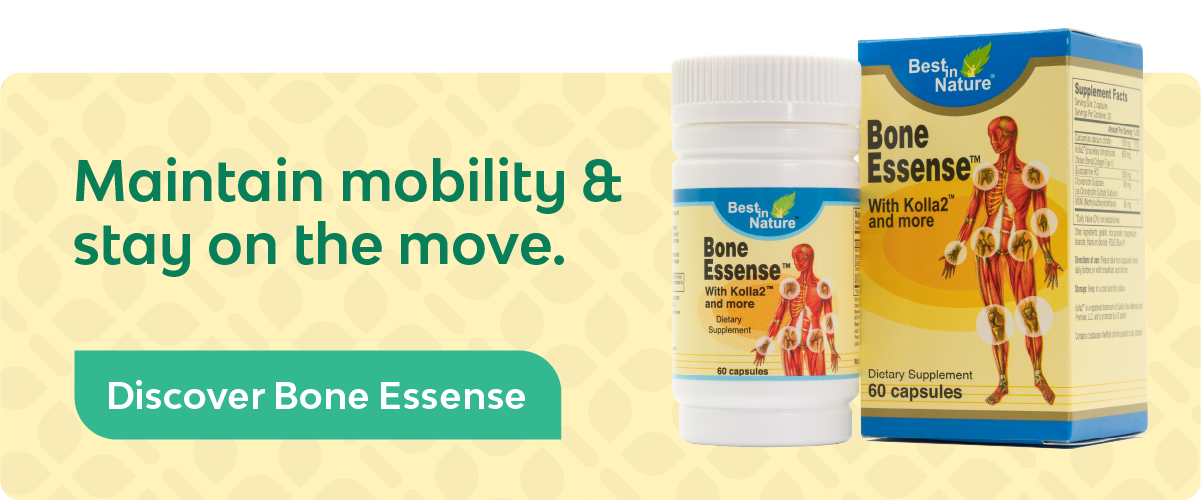

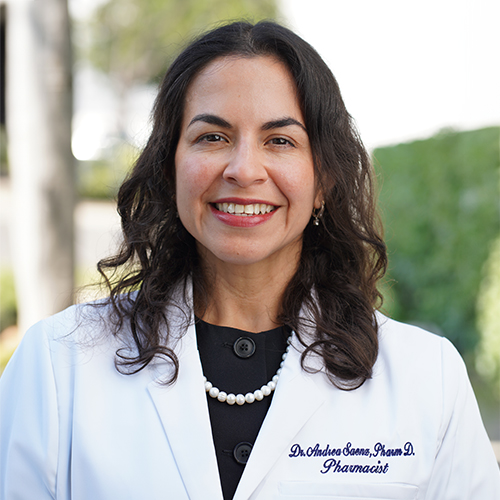
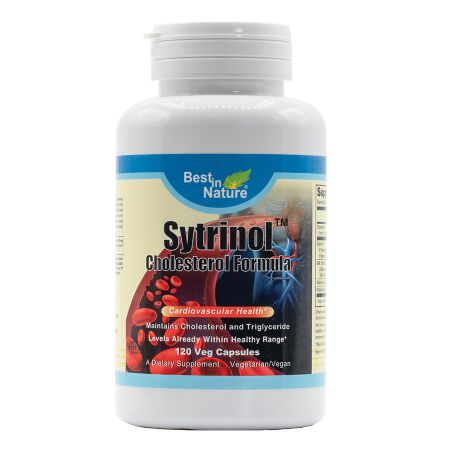
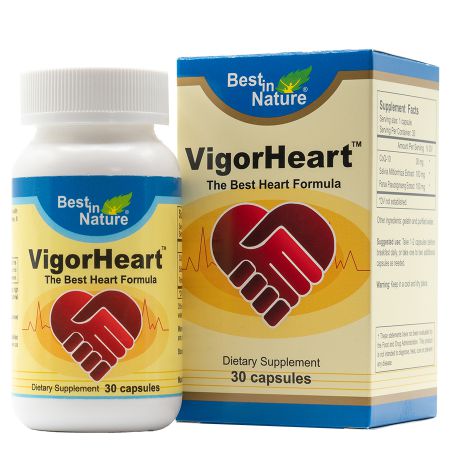
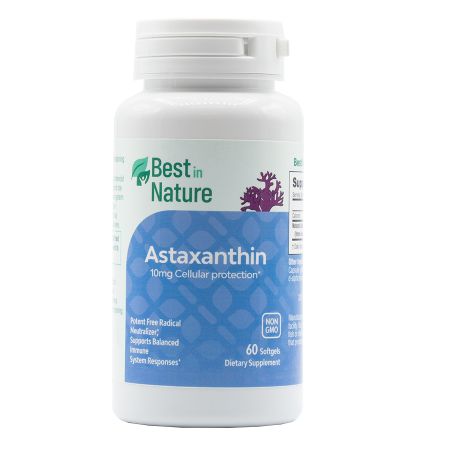
Validate your login
Sign In
Create New Account